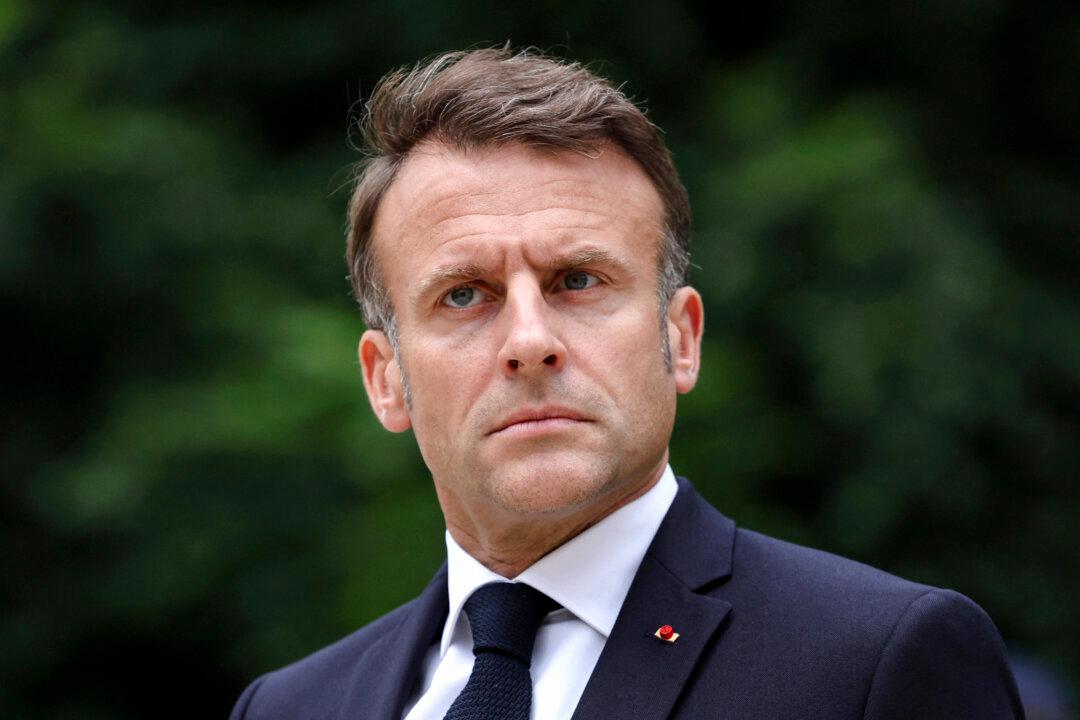French leadership is hitting back at claims that its arrest of messaging app Telegram’s top officer over the weekend is politically motivated.
French President Emmanuel Macron said on Aug. 26 that the arrest of Telegram CEO Pavel Durov on Aug. 24 stemmed from an independent investigation and was not politically motivated.




